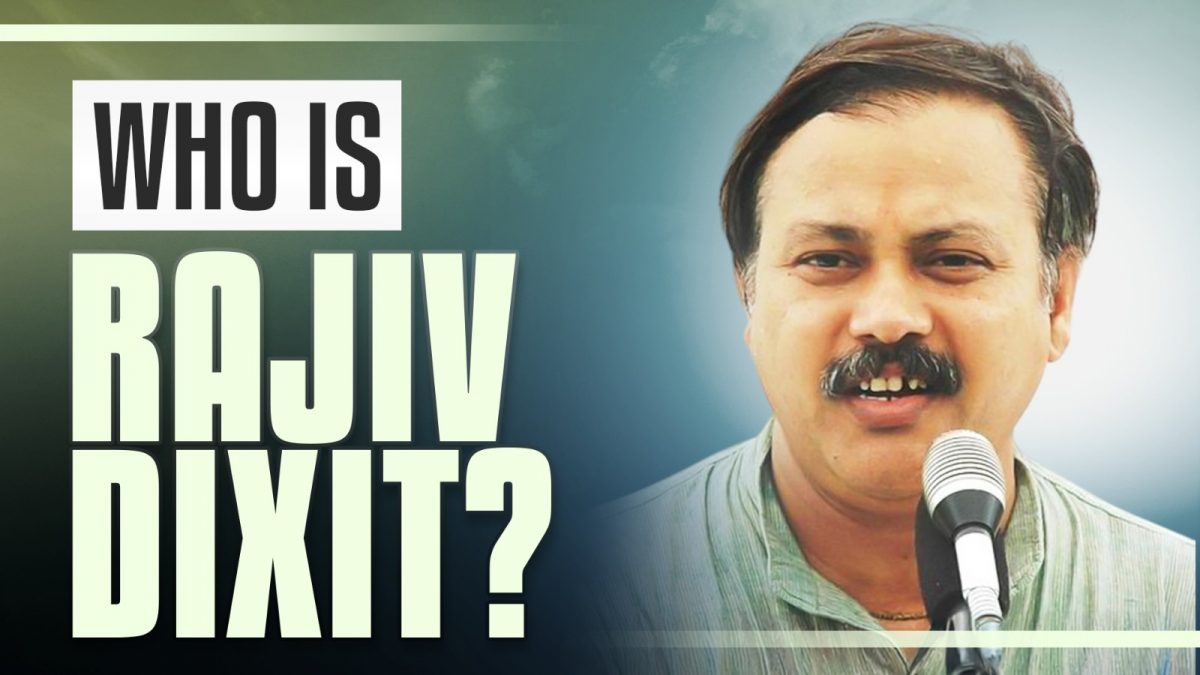India has been blessed with great leaders and reformers who have left an indelible mark on society. Among them, Rajiv Dixit stands out as a prominent figure in the Swadeshi Movement, known for his relentless efforts to ignite the spirit of self-reliance and patriotism among Indians.
Early Life and Education.
Rajiv Dixit was born on 30th November 1967 in Aligarh, Uttar Pradesh. A brilliant student, he pursued higher education in engineering and science. His journey as an activist began during his college years, where he drew inspiration from the lives of freedom fighters like Bhagat Singh and Mahatma Gandhi.
Key Contributions
Rajiv Dixit devoted his life to several social causes, including:
- Swadeshi Movement:
He revitalized the Swadeshi spirit, encouraging Indians to use local products and boycott foreign goods. His speeches motivated countless individuals to support indigenous industries, fostering economic independence. - Health and Wellness Advocacy:
A staunch advocate of natural remedies and Ayurveda, Rajiv Dixit emphasized the benefits of traditional Indian medicine. He actively opposed the commercialization of healthcare, promoting affordable and natural treatment methods. - Constitutional Reforms:
He championed the decentralization of governance, advocating for the empowerment of village councils (panchayats) and policies focused on rural development. - Anti-Corruption Crusader:
Rajiv Dixit was outspoken about corruption in governance, demanding accountability and transparency in public offices. His lectures often shed light on systemic issues and inspired many to seek reform.
Legacy:
Rajiv Dixit passed away prematurely on 30th November 2010, yet his teachings continue to inspire millions. Movements like the Swadeshi Jagaran Manch and various Ayurvedic initiatives owe their foundations to his ideology. His speeches, widely available on digital platforms, resonate deeply with the youth seeking guidance in patriotism and self-reliance.
Challenges and Controversies:
Despite his immense popularity, Rajiv Dixit faced numerous challenges. His views often sparked debates, and he was occasionally misunderstood. However, his unwavering commitment to his principles earned him widespread respect and admiration.
Conclusion:
Rajiv Dixit remains a symbol of simplicity, courage, and vision. His life is a testament to prioritizing national interests over personal gains. As India progresses, the ideals championed by Rajiv Dixit remain profoundly relevant, reminding us to honor our roots and strive for self-sufficiency.

